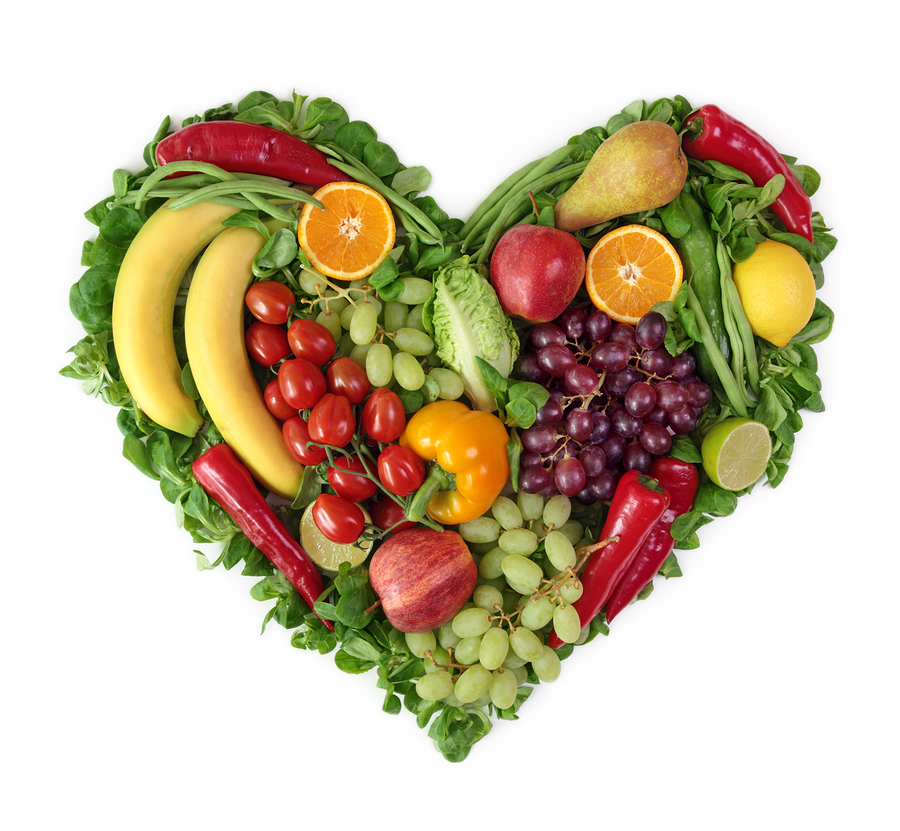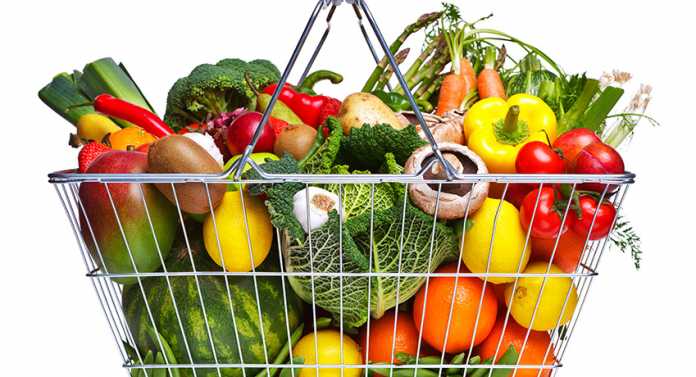Fruits and Vegetables: The Details of What We Already Know
As athletes, we know we need vitamins and minerals. But, most of us don’t know which ones are the most important, and we don’t know which fruits and vegetables provide these body building and maintenance ingredients.
The following top 10 list outlines the vitamins and minerals you need the most and the fruits and vegetables that offer them in the highest quantities (the list does not include vitamins and minerals found in animal food sources).
Vitamin B3 (aka Niacin or Nicotinic acid) – Critical for the body to metabolize carbohydrates (1), Vitamin B3 is found in beets, sunflower seeds, peanuts (not peanut butter), strawberries, carrots, and sweet potatoes.
Vitamin K – Fat-soluble, Vitamin K is generally in short supply in your body, and you must continue to replenish your body with it as it is critical in the clotting of blood, the prevention of calcification of soft tissue and cartilage, and both bone and cell growth. Vitamin K is found in green leafy vegetables and oils like soybean, cottonseed, canola, and olive.
Iodine – Vital for thyroid gland production and the prevention of developmental disorders and goiters, the best sources of iodine are seaweed, potatoes, prunes, navy beans, bananas, and strawberries. Cranberries have the highest concentration (2).
Vitamin A – Essential for the skin and fighting free radicals, the highest concentrations of Vitamin A are found in chili, cayenne, and red pepper as well as paprika. It is also found in leafy greens, carrots, and sweet potatoes.

Vitamin C – A large player in the success of your immune system, the highest quantities of Vitamin C are actually found in red and green hot chili peppers. Guavas have the second highest concentration, followed by the bell peppers, thyme and parsley, leafy greens, broccoli, kiwi, and papaya. Oranges barely make the top 10 in respect to Vitamin C concentration!
Vitamin D – Working in conjunction with Vitamin K, D helps build and maintain bone structure in addition to fighting a wide variety of cancers. Mushrooms are the only non-meat, non-dairy food that provides a significant amount of Vitamin D. Particularly when raw, they carry a high dose.
Iron – Crucial to the development and maintenance of red blood cells, iron is also critical to the immune system (even though the immune system is generally associated with white blood cells). Tomatoes, apricots, parsley, spinach, and coconuts are all extremely high in iron.
Zinc – Not only important for cell reproduction, eyesight, and smell, zinc is critical for the rebuilding of muscles. Without sufficient zinc amounts, amino acids cannot be converted into muscle. Those fruits and vegetables highest in zinc are apricots, peaches, prunes, avocados, blackberries, and raspberries.
Magnesium – Like zinc, magnesium is a vital building block required to convert proteins into muscle. Raw spinach, squash seeds, pumpkin seeds, soy beans, and dark chocolate are all high in magnesium.
Potassium – Necessary for your body to maintain electrolyte levels and fluid balances, potassium is required to keep your system running cleanly as it moves other vitamins and minerals around your body. It is found in high quantities in apricots, prunes, currants, raisins, dates, figs, coconut, avocados, and bananas.
BY: Ryan H
Source
http://umm.edu/health/medical/altmed/supplement/vitamin-b3-niacin (1), http://bembu.com/iodine-rich-foods (2), http://www.healthaliciousness.com/articles/food-sources-of-vitamin-A.php (3),













